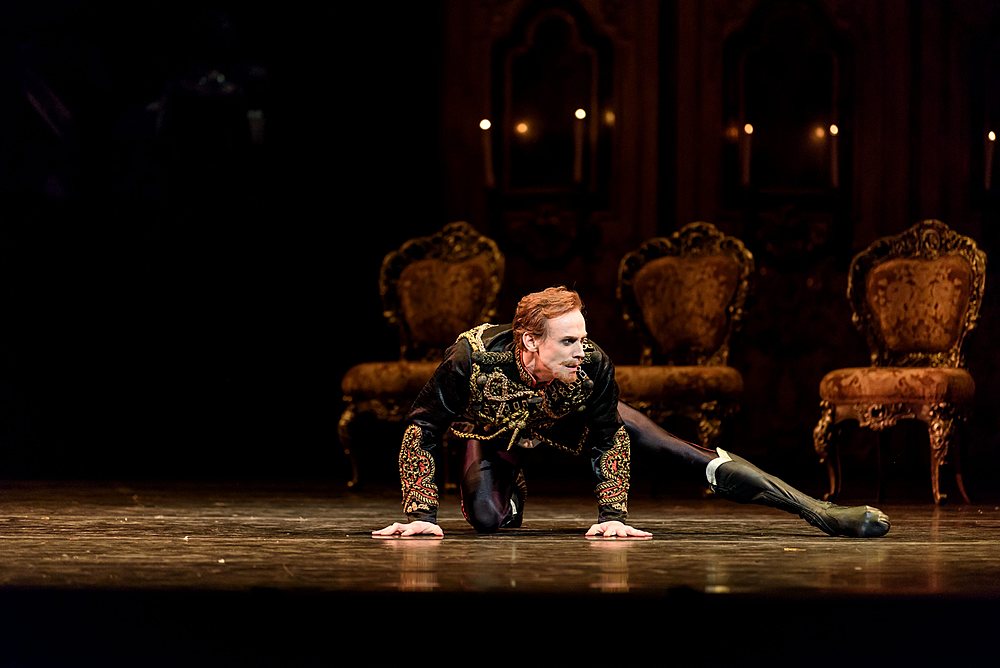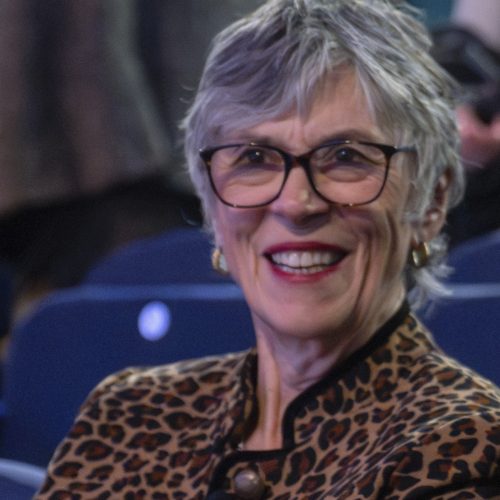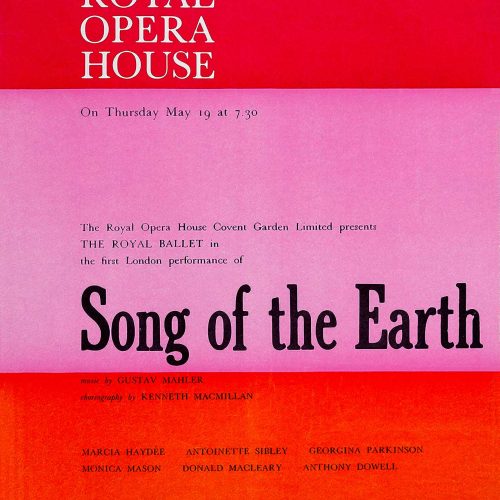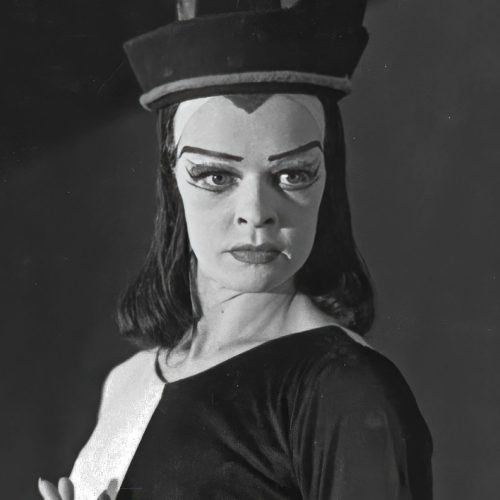With his fourth three-act ballet, Mayerling, Kenneth MacMillan cemented his legacy for reinvigorating the full-length narrative ballet for the modern age. Mayerling, first performed by The Royal Ballet in 1978, is a titanic achievement despite the mixed critical reception it initially received – many American critics were concerned that a medium such as ballet could not take on the harsher aspects of our world with real clarity, but MacMillan’s ballet refutes these claims.
Mayerling follows the events that eventually led to the collapse of the Austro-Hungarian empire, acting-out the last episodes of Crown Prince Rudolf’s life before his double suicide with his teenage mistress Mary Vetsera. MacMillan created a dramatic vehicle for David Wall, the original Rudolf, that was unlike any other in the balletic repertory – Rudolf dances no less than seven physically demanding pas de deux with five different women, intermixed with choreography that reveals the political, family and personal strains that contribute to his death. The ballet was also a demonstration of artistic collaboration. John Lanchbery arranged a selection of music by Franz Liszt that was not only appropriate for the drama but also illustrative of the Habsburg period, and the writer Gillian Freeman created a libretto that focused on this sprawling episode in European history. Roles originally created on some of The Royal Ballet’s leading women remain coveted the world over: Lynn Seymour’s febrile Mary Vetsera; the procuress Countess Marie Larisch made on Merle Park; Laura Connor’s wily courtesan Mitzi Caspar; the distant, damaged figure of Empress Elisabeth for Georgina Parkinson; and Rudolf’s terrified young bride, Princess Stephanie for Wendy Ellis. Nicholas Georgiadis’ period designs further contribute to the ballet’s success, though other companies today perform the ballet in their own productions, notably Stuttgart Ballet in designs by Jürgen Rose. MacMillan’s Mayerling is a hallmark of ballet in Britain. The performances of the original cast as preserved in the television documentary, MacMillan’s Mayerling, broadcast in 1978.




